|
Many leaders understand the powerful impact that seeking feedback can have on their own growth and development.
Great leaders are known to be great learners, as they always demonstrate what it means to constantly improve. It’s their never-ending desire to get better that sets them apart from the rest. The very best leaders know that the way they seek feedback plays a crucial role in building and maintaining the psychologically safety needed for people to speak openly and honestly. Simply put, better leaders ask for more feedback. Recent research has shown that the leaders who rank in the top 10% in seeking feedback are rated much higher in leadership effectiveness (86% effectiveness rating). Whereas the bottom 10% had roughly a 15% effectiveness rating. Great leaders take feedback seriously. As well, they seek it using multiple different tools and strategies. Leaders such as this set very clear and precise goals based on their feedback. And as a result of their own learning process, they are very transparent with their plan of action in addressing the feedback they’ve received. The number one thing that sets leaders like this apart from the rest is that they refuse to make the feedback process a check the box thing just to say they’ve done it. As well, they own their feedback, place it solely on their own shoulders and make no attempts to defend or debate when it comes to the feedback they've received. In modeling the way the feedback process should be done, they inspire those working under them to do the same. In owning the feedback and showing deep gratitude to those who provided it, they build long-lasting, trusting relationships where people feel valued seen and heard. And in creating these conditions in the workplace, they are ultimately creating the psychological safety needed for people to be their best and do their best. If you are a leader reading this: How deep do you go with seeking authentic feedback from the stakeholders in your organization? What do you do with that feedback? How do you share it with the people that you serve? And how do you hold yourself accountable to be sure you stay on track with your own growth place based on the feedback provided? Would love to hear your thoughts. Thanks for reading.
0 Comments
Taking responsibility for creating a better future begins with strong leadership. That future depends on:
Leaders who inspire. Leaders who lead by example. Leaders who understand the power of effective communication. Leaders who clearly define their vision and intentions. Leaders who take responsibility. Leaders who own their mistakes and shortcomings. Leaders who trust. Leaders who see and value their people. Leaders who stay aligned to their core essence. Leaders who allow for genuine voice. Leaders who know they don’t always need to have the right answers. Leaders who know that their words matter. And so on.... Leadership is a tough gig. Truth be told, it might not be for everyone. But I do hope that those who choose or have chosen this path never forget the impact that they can have when they get it right. Thanks for reading. An organization that functions well deeply roots itself in an environment that invites and supports productive conversations.
In order to have conversations of this nature, differing viewpoints and opinions must be welcomed. For it is these differences that, when managed properly, lead to the most productive conversations. It’s simply not possible to create an environment focused on growth if these types of conversations are discouraged, shot down, or ignored, especially by leaders in the organization. To this end, it is critical that leaders be the ones who commit themselves to the process of creating environments that allow for such discussions to take place on an ongoing basis. As well, leaders must model what it is like to truly listen to people who may have different points of view than theirs. Especially when that someone might fall under them within the hierarchical structure in the organization. If leaders do not encourage and support opinions different than their own, how can they expect other people to follow suit in the workplace? In 2020, researchers M. Yeomans, J. Minson, H. Collins, H. Chen and F. Gino set out to examine the use of language to communicate one’s willingness to thoughtfully engage with opposing views. Their groundbreaking paper Conversational Receptiveness: Expressing Engagement with Opposing Views highlights that there are, in fact, very specific things leaders of organizations can do to create a workplace environment that promotes and encourages thoughtful, productive conversations. The research related to 'Conversational Receptiveness’ focuses exclusively on the language used when engaging in each other’s views. Conversational receptiveness helps to equip stakeholders in the organization with the tools necessary to better communicate their willingness to engage with another person's point of view. This process is about utilizing language that signals genuine interest in understanding the other person’s perspective. According to the researchers, this type of behavior can be both learned and improved on. And leaders play the most pivotal role in this learning process. Three suggested things that can be focused on are: 1) Expressing thanks to the other person for sharing their honest thoughts. Doing so acknowledges there is something of value in someone's perspective, even if you disagree with them. This simple expression of gratitude makes others feel valued and trusted and this form of prosocial behavior helps to open up lines of communication. 2) Framing up your own argument or perspective in positive terms. Rather than your own side being 'absolute' or 'the way it is or should be done', the language used in expressing oneself is framed positively. For example, "I'd like to suggest that we consider...." “Let’s consider the possible benefits of......." “I understand that…” “I see your point…” “What I think you are saying is…” Learning to use language that positively frames up these types of discussion in the workplace has a very positive impact on relationships. The research has found that people who use this type of language are considered to more trustworthy, more reasonable, and more objective. 3) Acknowledging common ground is also critical to this process. Striving to find areas of agreement help to move conversations forward in a positive way. Here are just a few examples of what that might look like in action: “I think we both want to…” “I agree with some of what you are saying…” “We are both concerned with…” I hope this blog post helps you to reflect on the types of conversations happening in your organization. If you are a leader reading this: How do you promote conversations that support people in sharing their honest thoughts? To what extent do you feel you are doing enough to help create an environment that allows people to do this? Do you feel you are modeling, with consistency, what it is like to be open to a variety of opinions and ideas that may be different from your own? What would the people who work under you say about your ability to create an environment that provides the psychological safety needed to honesty speak their mind? If you are doing all the right things, way to go! Keep doing the things you are doing because it is sure to pay dividends in the long run. If not, what might you first need to focus on to do a better job creating the environment for more honest discussions to take place? Thanks for reading. This week marks the high school graduation of my oldest son Eli. For my wife, Neila, and I, this is a first. Many of you reading this, may have already gone through this experience with one or more of your children. For other parents, the time is yet to come.
There is no script for us to access that tells us how to feel or what to say in this moment. There is only deep reflection and some regret. Personally, when I reflect back on the past 18 years, as much as I know in my heart I did a good job as a parent, could I have done more as a father? I sometimes regret not spending more time just listening to Eli and truly hearing him. Being a parent is tough. We can oftentimes give into our own needs first rather than just be there for our kids. After a long day of work, it’s easy to want to turn off. In fact, it’s human to feel this. I’d be lying if I said that I don’t regret certain times when I look back. Could I have provided more emotional presence for Eli at times? Could I have better listened to his perspective, even when I disagreed? Could I have just listened more instead of trying to fix his problems? Did I do enough to help prepare Eli to face the world as an adult? Did I….Could I have…….I wish I would have………. In looking back, it is what it is and I can’t change anything now. But as I scan the past, I know the good far outweighs the not-so-good and ungraceful moments that come with being a parent. The truth is I think Neila and I did a pretty decent job, but it’s human instinct to want to have done better. Our only wish in moving forward is that Eli embraces the world, his talents, and his dreams. It is now time to surrender trust to him to find his own process to navigate the world. As well, we have to trust in the physical, emotional, social, spiritual, and mental skills that he has acquired over the years. For it is these tools that will help him to thrive and to find authentic purpose in his life. In reality though, it’s not really a good bye, but more so a shift in perspective. And an amazing opportunity to look through a different lens at our parenting. As well-known author Daniel Pink states: “Regret makes us human. Regret makes us better.” Do we regret certain things? Of course we do. But, we are also so proud of the young man Eli Kent Vasily has become. And, as he ventures off into the world, we wish him only peace, happiness, fulfillment, joy, and deep learning. We look forward to seeing him pursue his dreams. As you think about your own children, what comes to mind when you see the questions below? How do you deal with regret as a parent? What have you learned? How do you continue to learn to be the best parent you can be? And lastly, how do you ensure full presence in your life? Rather than ruminating about what could have been with your children or projecting forward to what might be, how are you accessing the present moment to be the very best parent you can be? Thanks for reading. How often do you take the chance to connect with people outside your normal circle of relationships? For some people, it's not easy, as doing so requires taking risk and stretching themselves outside their comfort zone.
From an evolutionary perspective, we are tribe-seeking creatures of habit that need a sense of security and safety. This can be one of the biggest obstacles to opening ourselves up to new relationships in life. What might we be missing out on by not taking the risk to extend ourselves to people outside of our own social network? What true friendships might be missed? What amazing talent never seen? What deep connections might never come to be? What inspiration might we never gain? What beauty might we never experience? As renowned psychologist, Dr. Carl Rogers, says: "People are just as wonderful as sunsets if you let them be." But, to see all that's possible, we need to let them in first, otherwise it might never happen. Thanks for reading. What do young people need more from adults in their life? As adults, are we doing a good enough job providing these things? Young people need:
To be seen To be valued To be heard To be accepted To be cared for To feel safe To feel loved To feel that they matter To feel a sense of purpose To have important mentors To have emotional regulation modeled to them by important adults in their life To have a safe space to express their emotions To have boundaries placed on them To know it’s OK to be angry To know that anger doesn’t last forever To know that it’s not OK to hurt others To know that the words they use with others matters To know that they are not alone in their hurt To know that everyone is lonely at times To know that, despite the chaos and disconnect in the world, it is still a beautiful place To know that surrounding themselves with the right people matters To know that their contribution to the world matters To know they have an important voice To know that their actions can change another person’s life for better or worse The list could go on and on, but in the wake of the Uvalde, Texas massacre, I can’t help but think we are failing the youth of today. Can we do better? I cannot imagine the enormous pain and grief the families of the victims are going through at this moment. To the countless teachers, coaches, and other adults who have devoted themselves to providing the conditions described above, keep doing what you are doing. The world needs you more than ever. To all the victims of the senseless, brutal, and tragic shooting in Texas, may you rest in peace and never be forgotten. Over the past decade, the field of social neuroscience has revealed, through research, that the need for humans to connect with other people plays a much more significant role than originally thought.
As renowned social psychologist, Dr. Matthew Lieberman, states, “Our need to connect with other people is even more fundamental and more basic than our need for food or shelter.” In his book Social: Why Our Brains Are Wired to Connect, Lieberman asserts that the human brain uses the bulk of its spare time to learn about the social world — other people and our relation to them. He states that if it takes 10000 hours to master a skill, each of us has spent at least 10000 hours learning to make sense of people and groups by the time we are 10 years old. There is no doubt that we all need to feel a sense of connection and belonging in our lives, both personally and professionally. Regardless of our personality type, we all seek connection and contact with others. The three personality types can be found below. Extrovert: energized by socializing in larger groups of people, having many friends Ambivert: a person who feels equally fulfilled whether they're out in a crowd or at home alone reading a book Introvert: feel more comfortable focusing on their inner thoughts and ideas, rather than what's happening externally. They enjoy spending time with just one or two people, rather than large groups or crowds. Calibrating Your Dose Accordingly Whether you are an introvert, ambivert, or extrovert, it’s through connection with others that you either gain energy or have energy sapped from you. If you were to think about the people you surround yourself with, how might this apply to you? Do the people you choose to spend time with provide you with positive, uplifting energy or do these interactions sap you of your energy? According to the social neuroscience research, it is important to continually assess the relationships we have in our lives in order to learn how to best navigate these connections. Who we choose to spend our time with matters, as it impacts the amount of energy we receive through these interactions. By deliberately calibrating how much time we spend with them, we have the opportunity to take more control of our own social and emotion well-being. Over the next week, try to bring more self-awareness to the relationships that you have in your life. No need to change anything at all. Just endeavor to spend a bit more time reflecting on the daily interactions in your life. Assess the amount of time you are spending with others, who you are spending time with, and the type of energy you receive from those interactions. Do these interactions lift you up and provide you with a sense of positive energy? Do they leave you feeling that you matter? Are these interactions reciprocal in nature? And lastly, knowing your own personality type, what is the right amount of time to spend with these people? It’s not always possible to control who you spend time with and for how long. However, as a general rule of thumb, knowing your personality type and consistently calibrating the amount of time spent with people who buoy you up is a very important step toward feeling a deeper sense of fulfillment and well-being in your life. Thanks for reading. I've never come across truer words in my life. This poem accurately sums up the nature of life and is a go-to for me. The poem was written by LR Knost, the award-winning author, feminist, and social justice activist.
Today's blog post is a simple reminder that some days will be great, some not so great, and some downright awful. And in LR's words: "That's just living. Heartbreaking, soul-healing, amazing, awful, ordinary life. And it's breathtakingly beautiful." I hope you find as much inspiration in this poem as I have throughout the years. Print it off, stick it on your fridge, or dashboard, or front door. Keep it visible, as a reminder, that you have exactly what it takes to get through anything life throws at you. Thanks for reading. Striving to be happy and fulfilled is not just something that has been focused on in the literature in the last 100 years. The study of happiness and well-being dates back as far as 300 B.C.
Aristotle was one of the first philosophers who was deeply engaged in the process of contemplating what the good life meant and how it revealed itself in multiple different forms in the human experience. The term 'Eudaimonia' was the Greek word used to describe the state of condition of the ‘good spirit'. In its simplest form, the word eudaimonia was often taken to mean happiness. Projecting forward to modern times, for the good spirit to be experienced with consistency, certain conditions must be met if human flourishing is to be realized and experienced in a person’s life. According the the work of well-known researchers, Deci and Ryan (Self-Determination Theory): "Well-being is not so much an outcome or end state as it is a process of fulfilling or realizing one’s daimon or true nature—that is, of fulfilling one’s virtuous potentials and living as one was inherently intended to live." Prior to the 90's, traditional psychology, for the most part, had always focused on what wasn’t working with humans. Enter Dr. Martin Seligman on the scene. He was one of the first clinical psychologists to get fed up with the field of psychology focusing on the misery of the human condition. Therefore, he took it upon himself to challenge the predominant way of thinking in his field. Throughout the second half of his career, he ended up flipping the traditional paradigm of psychology on its head by developing the Positive Psychology movement. Since the inception of this framework in 1998, the Positive Psychology movement has focused on studying well-being instead of unhappiness, accomplishment instead of failure, and strength instead of sickness. Seligman’s hope was that psychology could become less fixated on neuroses, less dependent on medication and, altogether, a much more useful approach to life. To this end, Seligman and his team created the PERMA model which represents, what they believe to be, the five core elements of happiness and well-being. Here is what each letter of the acronym stands for: P-Positive Emotions E- Engagement R- Relationships M- Meaning A-Accomplishments The PERMA model can be used as an excellent reflective tool for all people to assess, to what degree, they are experiencing well-being and flourishing in their own life. The PERMA model can be a great starting point to address a person's levels of well-being and flourishing in order to focus on the actionable steps needed to live with more fulfillment. Bearing this in mind, how might you rank yourself on a scale of 1-10 based on the questions below? (1 means extremely low, 10 means extremely high)
Your 1-10 rating for each question above should provide you with some initial data to reflect on. If you ranked yourself lower in any of these areas, it is OK as most people do. This process is not about self-judgement but more so about curiosity. To take it one step further, you can reflect more deeply on the following: P- What 20-25% of experiences bring you most of your positive emotions? E- What 2-3 activities in your life bring you the deepest flow states? R- What 20-25% of the relationships in your life bring you most fulfillment? M- What activities allow you to feel as though you are truly contributing to something larger than yourself? A- What 2-3 accomplishments could bring you maximum satisfaction over the next few months or upcoming year? And finally, after answering the above questions, you can use the PERMA model to begin to zero in on what you need to do more of or less of to create more fulfillment in your life. Try doing both steps above to see what you come up with and how it might get you to reflect differently on your life. Happy to chat with anyone wanting to dig deeper into the themes or ideas that are revealed to you through this process. *Special note* This is purely a thought activity. It's not meant to be a cure for any diagnosed mental illness. Instead, it is a reflective tool to initiate thought about what is possible in your life. Comment below for a follow up discussion with me. Thanks for reading. I recently listened to Seth Godin’s latest podcast Creating the Conditions for Change. For those of you who are unfamiliar with Seth’s work, he is a world-renowned blogger, best-selling author, entrepreneur and speaker. For years he has been trying to inspire people by teaching them how to level up their game in order to have the impact they desire.
His thought-provoking ideas have changed the way many people think about marketing and leadership. Seth firmly believes that leaders need to honor their peoples’ time because it’s a precious commodity that should be prioritized. If people are going to do great work, they need time to do it. Seth challenges leaders to think about the meetings they hold and to consider looking at these gatherings differently. He defines a meeting as: “Somebody in the organization who has power, insisting on people coming together, so they can tell these people what they need to do or to share information with them .” Rather, he challenges leaders to do the above only when it’s absolutely necessary. Seth believes it’s the leaders role to facilitate important conversations that bring people together to learn, share, and contribute. It’s not about the leader being the only knowledge authority in the room. What he says is this: “Our gatherings should allow for people to engage with one another, go back and forth, learn from one another, and share.” Leaders can learn a hell of a lot from those who they lead if they zip it and listen. Of course there are times when leaders must share information, but the first thing they should do is assess just how important the message is. If it’s not an absolute priority, Seth implores leaders to send the message in a memo rather than talk at their people. Creating the conditions for this type of culture in the workplace allows people to know that they matter. It reinforces that their time is respected as is the contribution that they bring to the organization. It also shifts the sole responsibility of being the only knowledge authority in the room off the leader's shoulders and let’s people know that they all play a very important role in the vision and direction of the organization. If you are a leader who is responsible for bringing people together, how do you ensure that your gatherings are more of an 'engage and interact style' rather than a 'sit and listen style'? Thanks for reading. |
AuthorKAUST Faculty, Pedagogical Coach. Presenter & Workshop Leader.IB Educator. #RunYourLife podcast host. Archives
September 2022
|
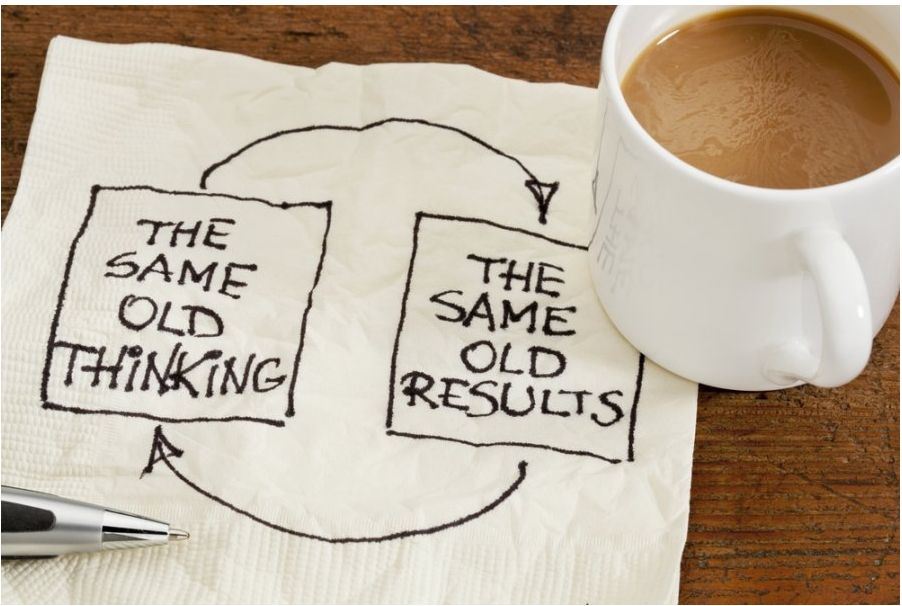
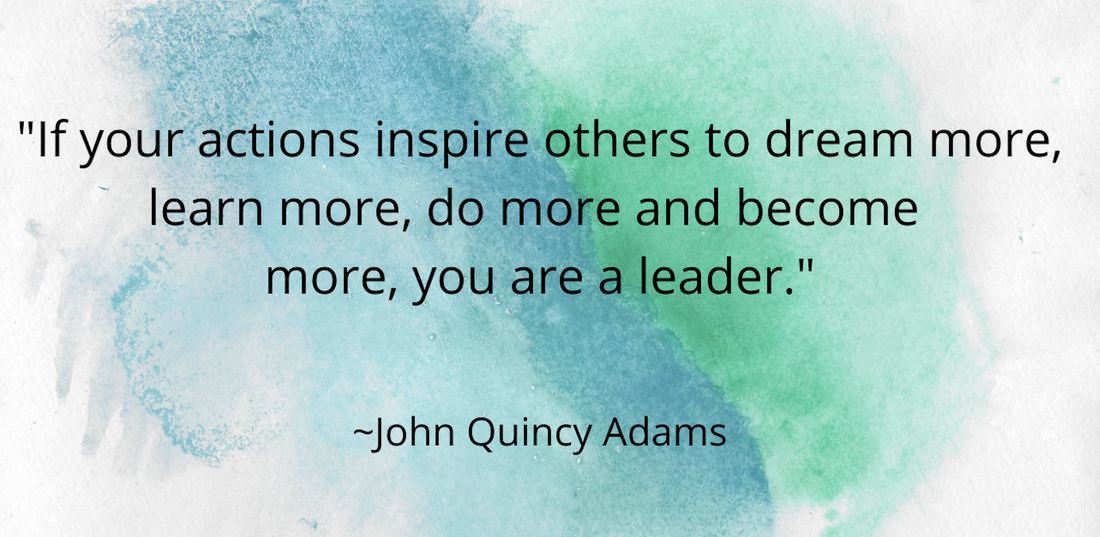
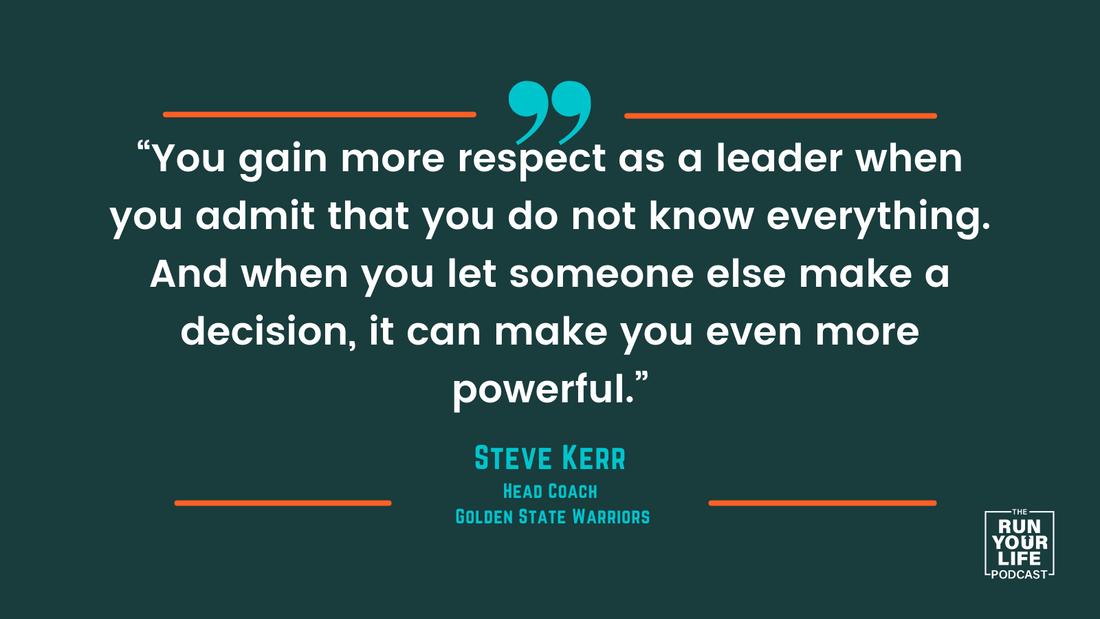
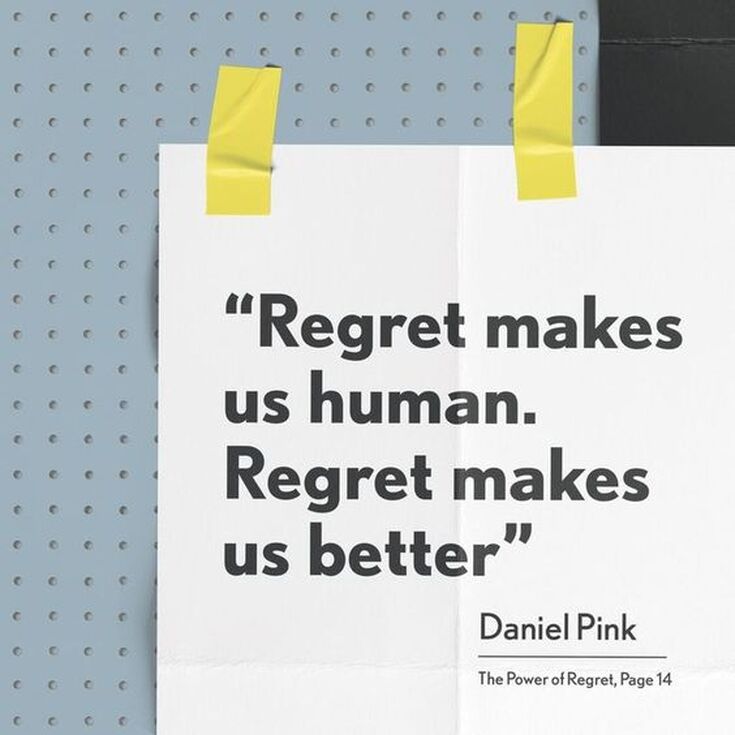
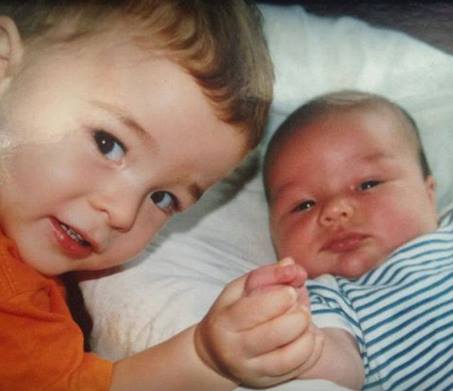
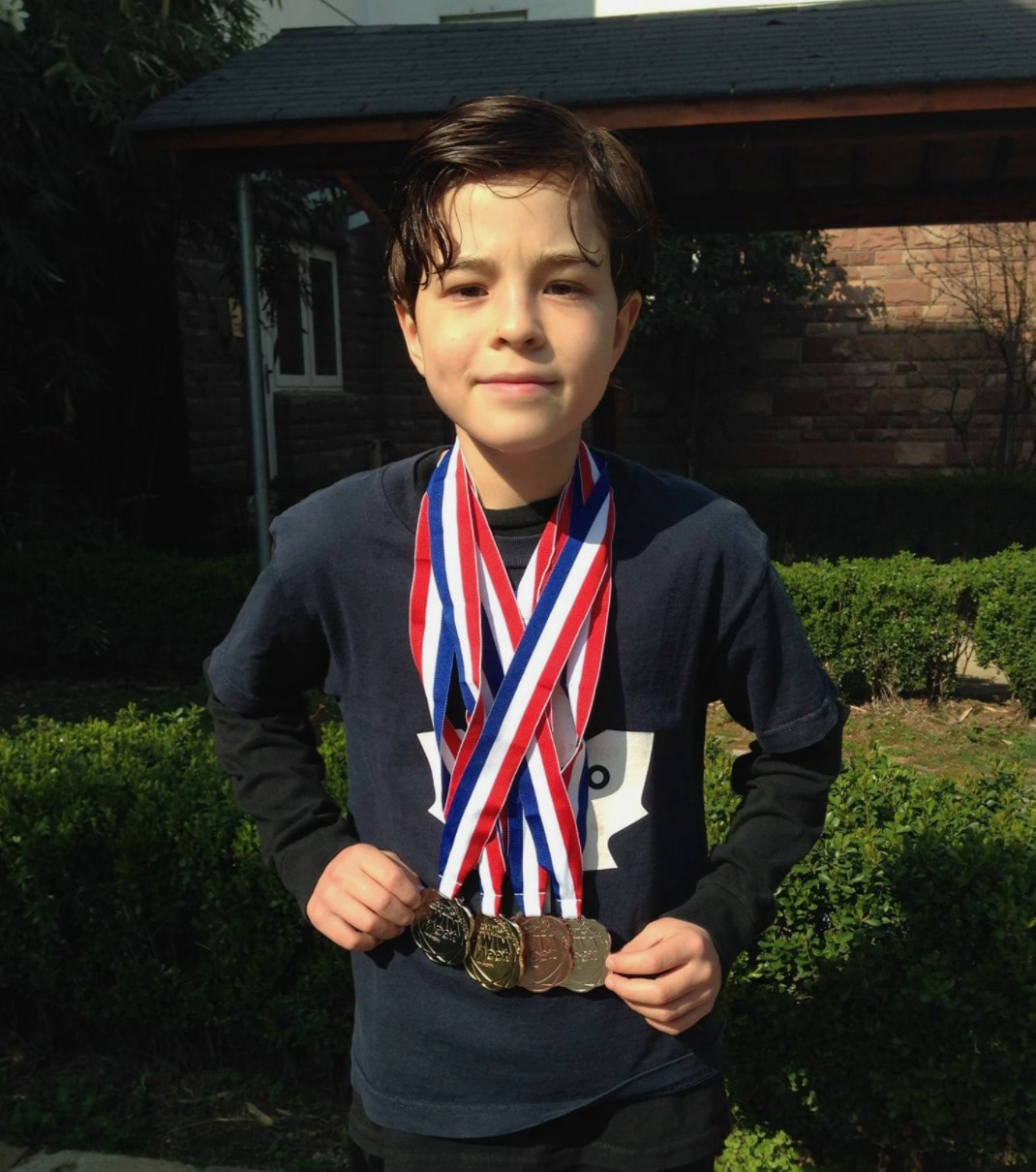



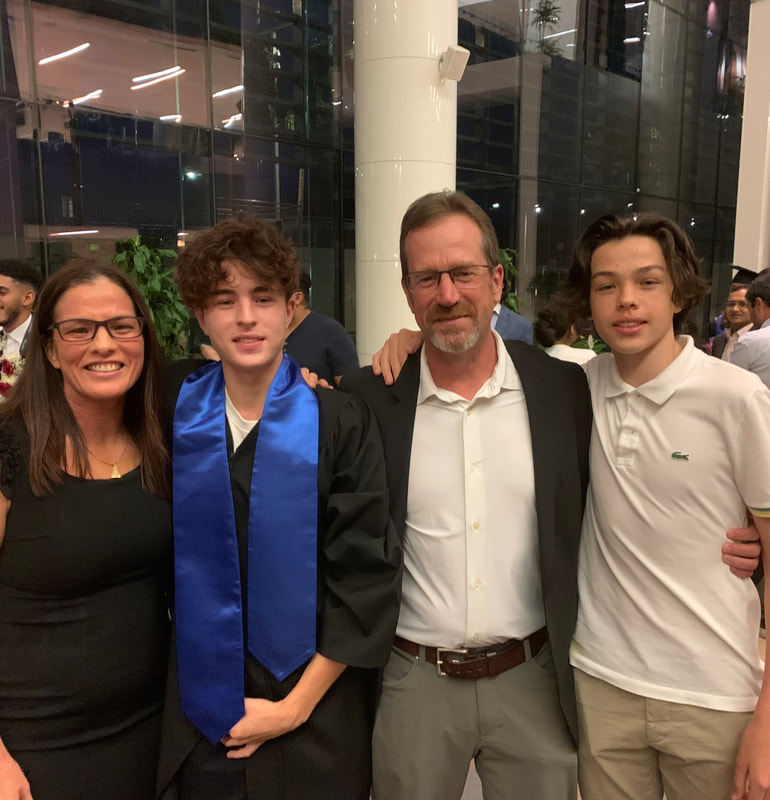

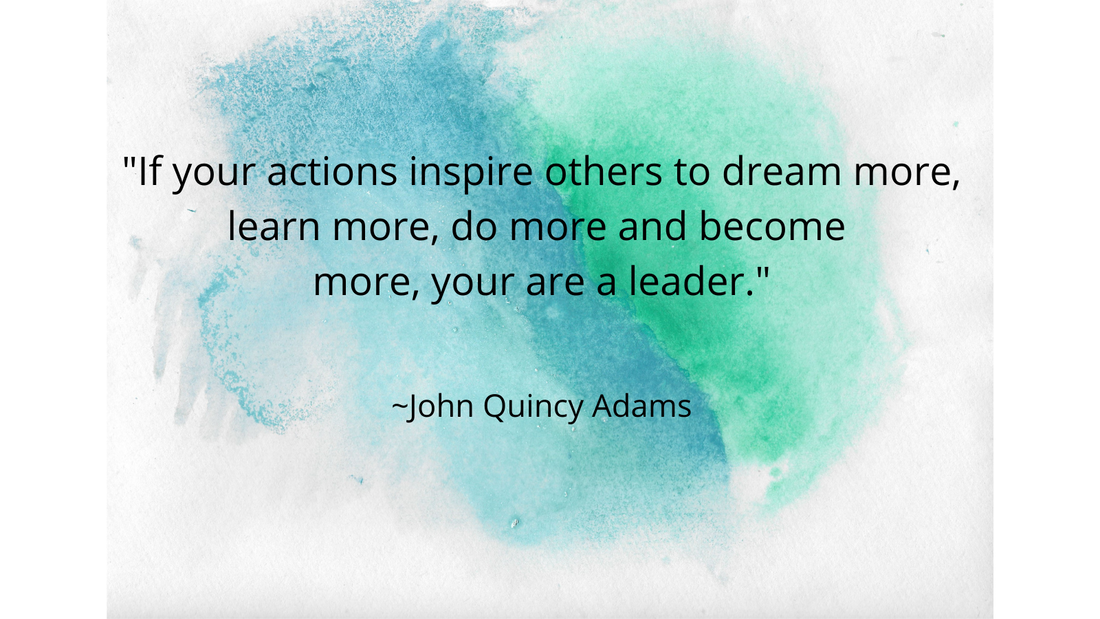
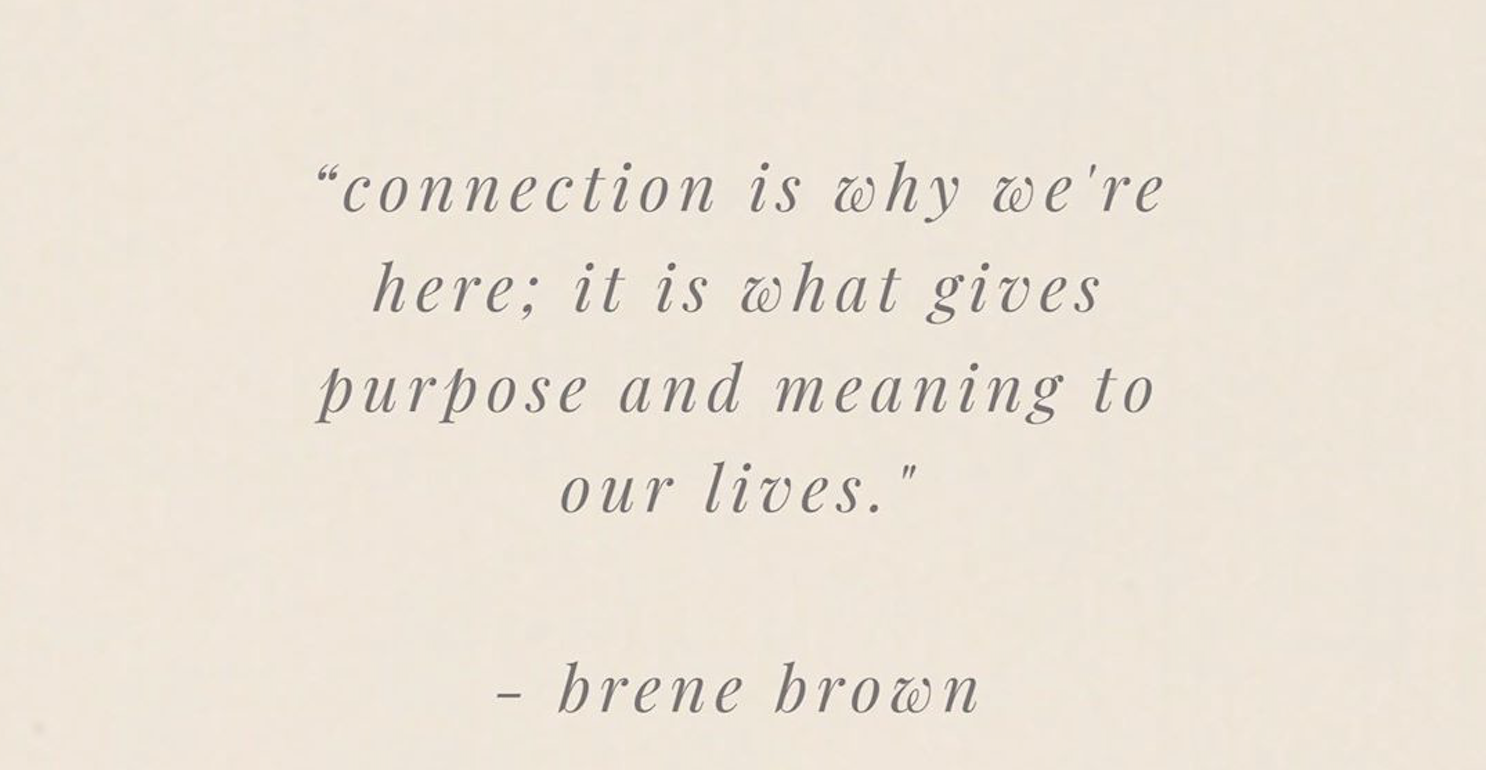
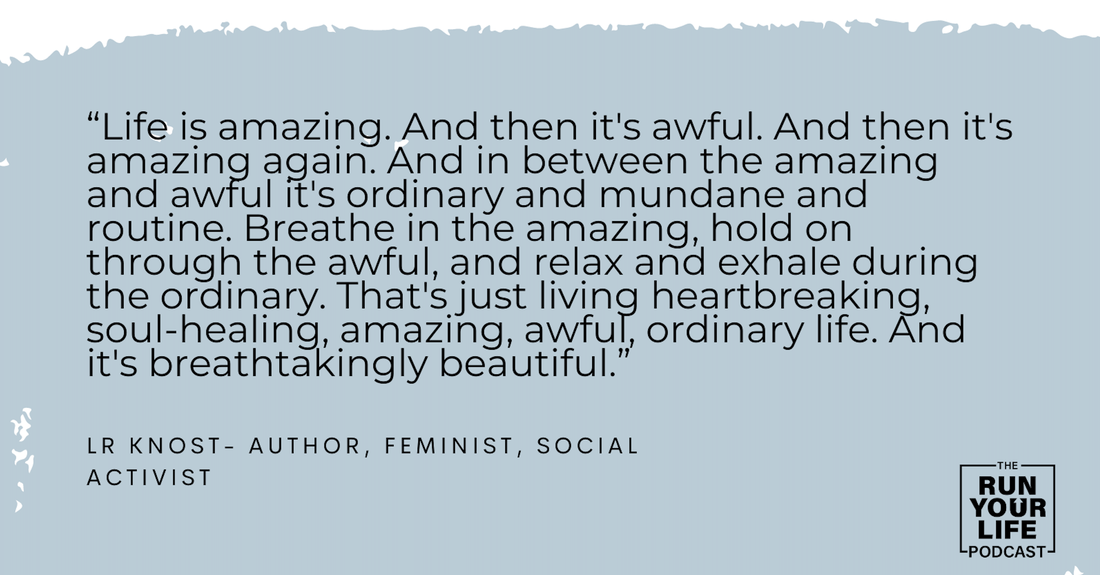
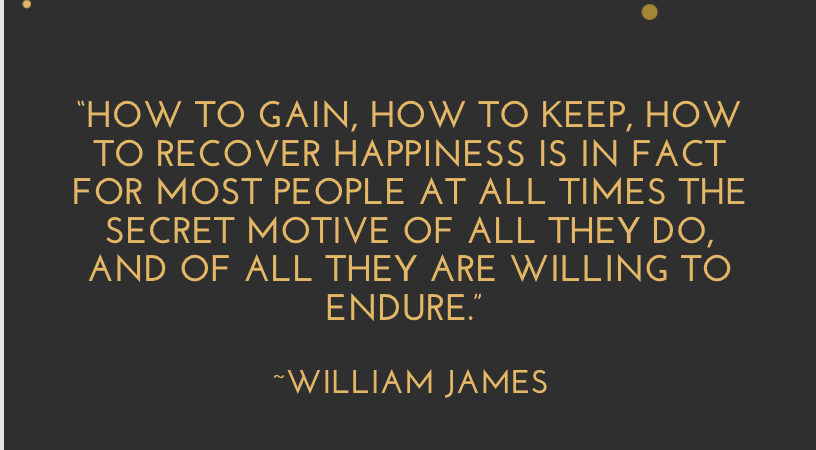
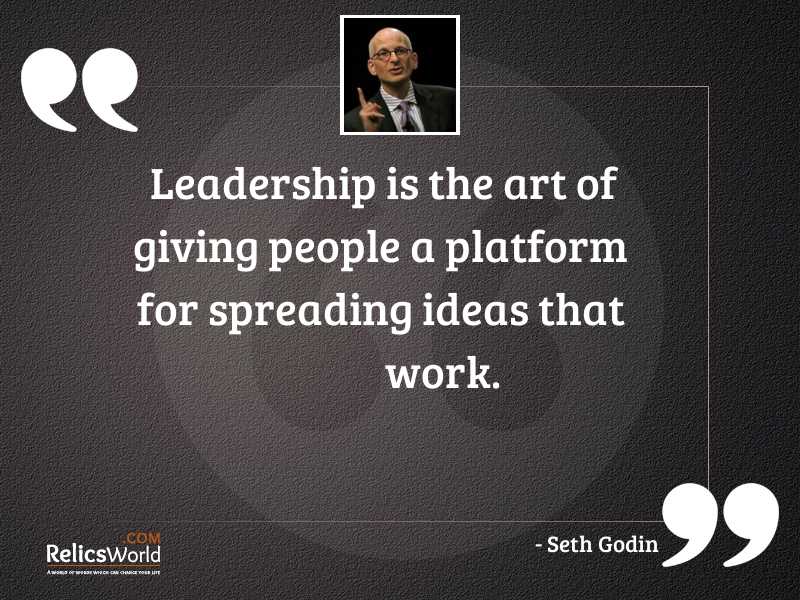
 RSS Feed
RSS Feed